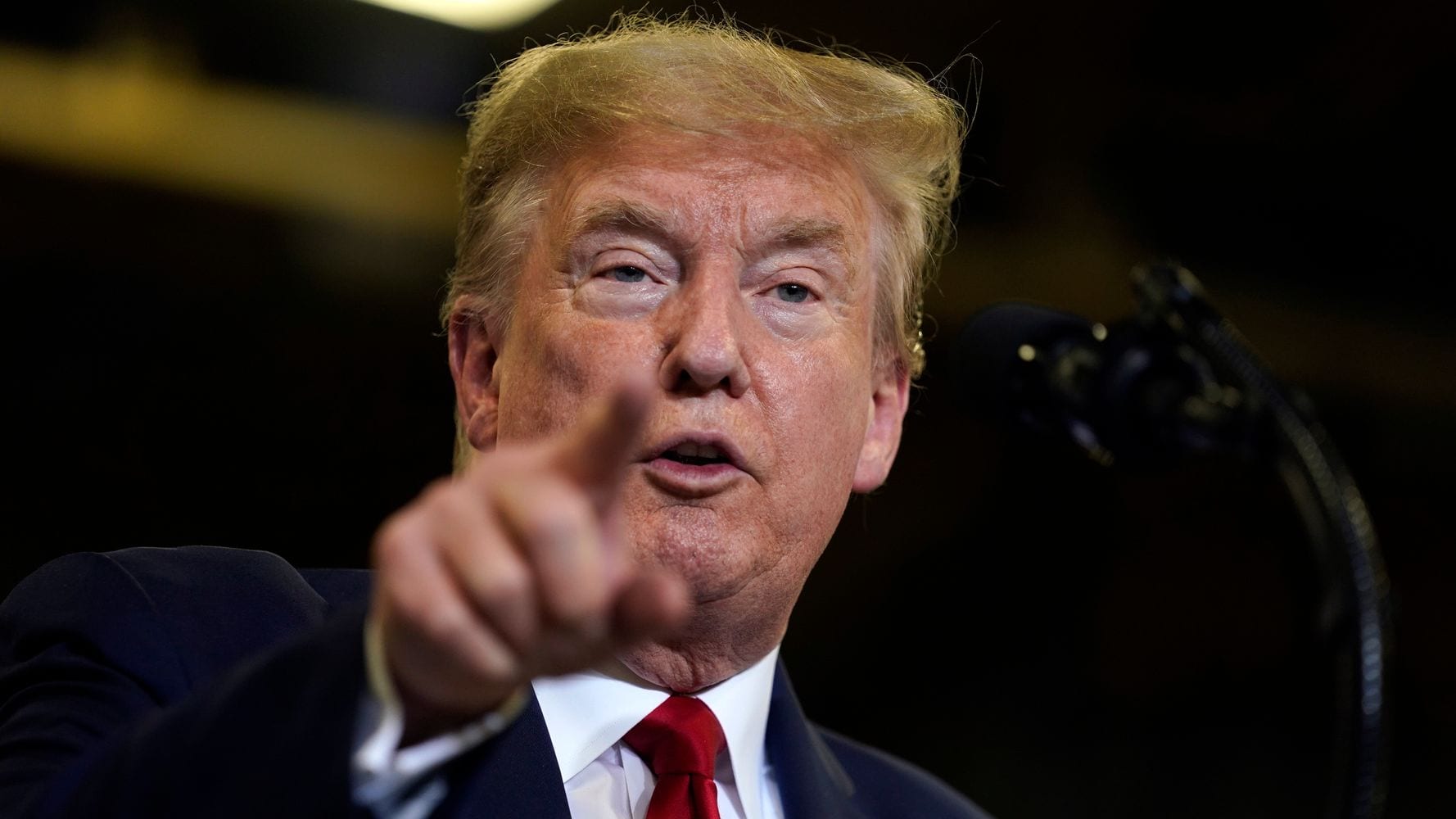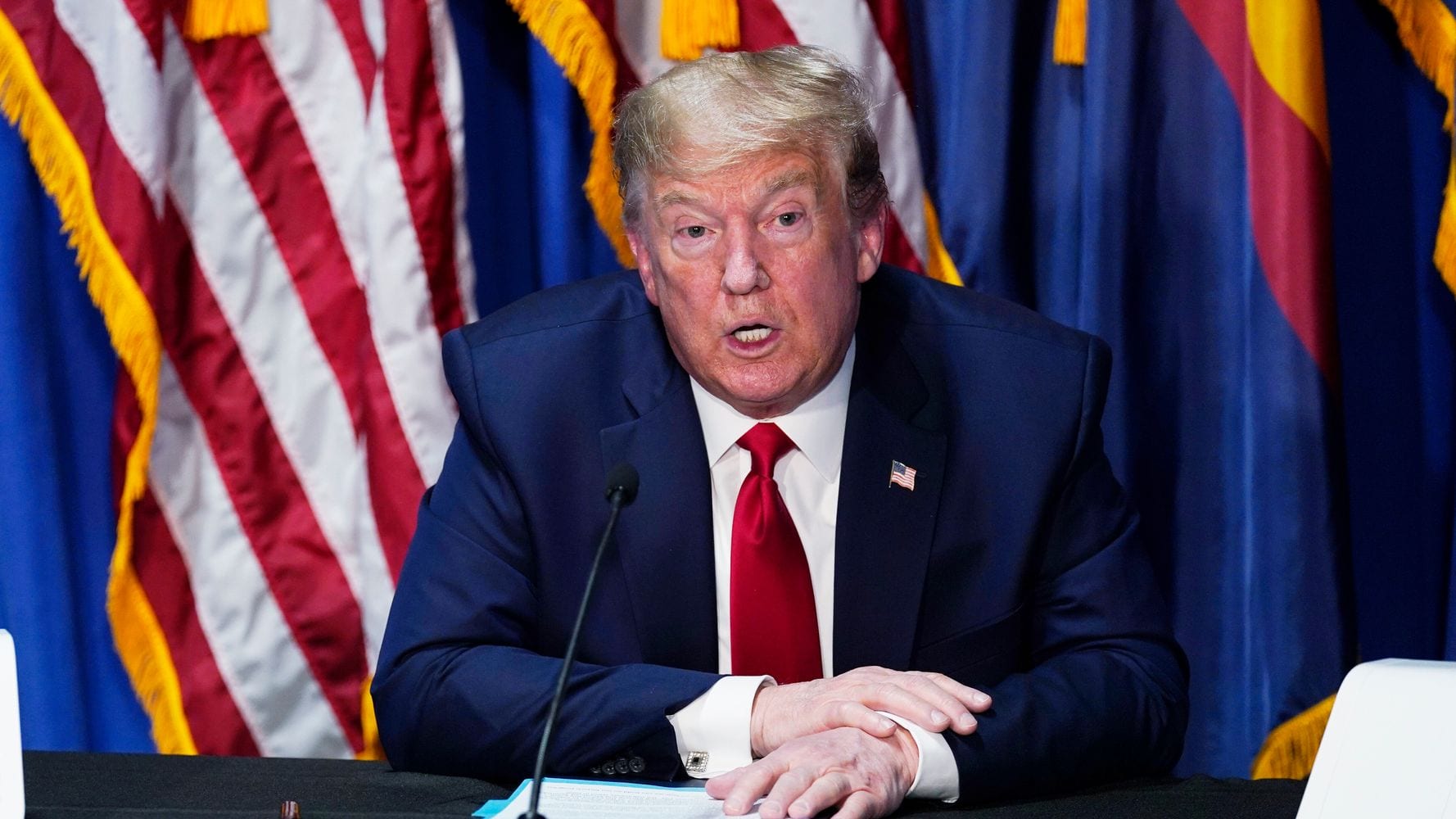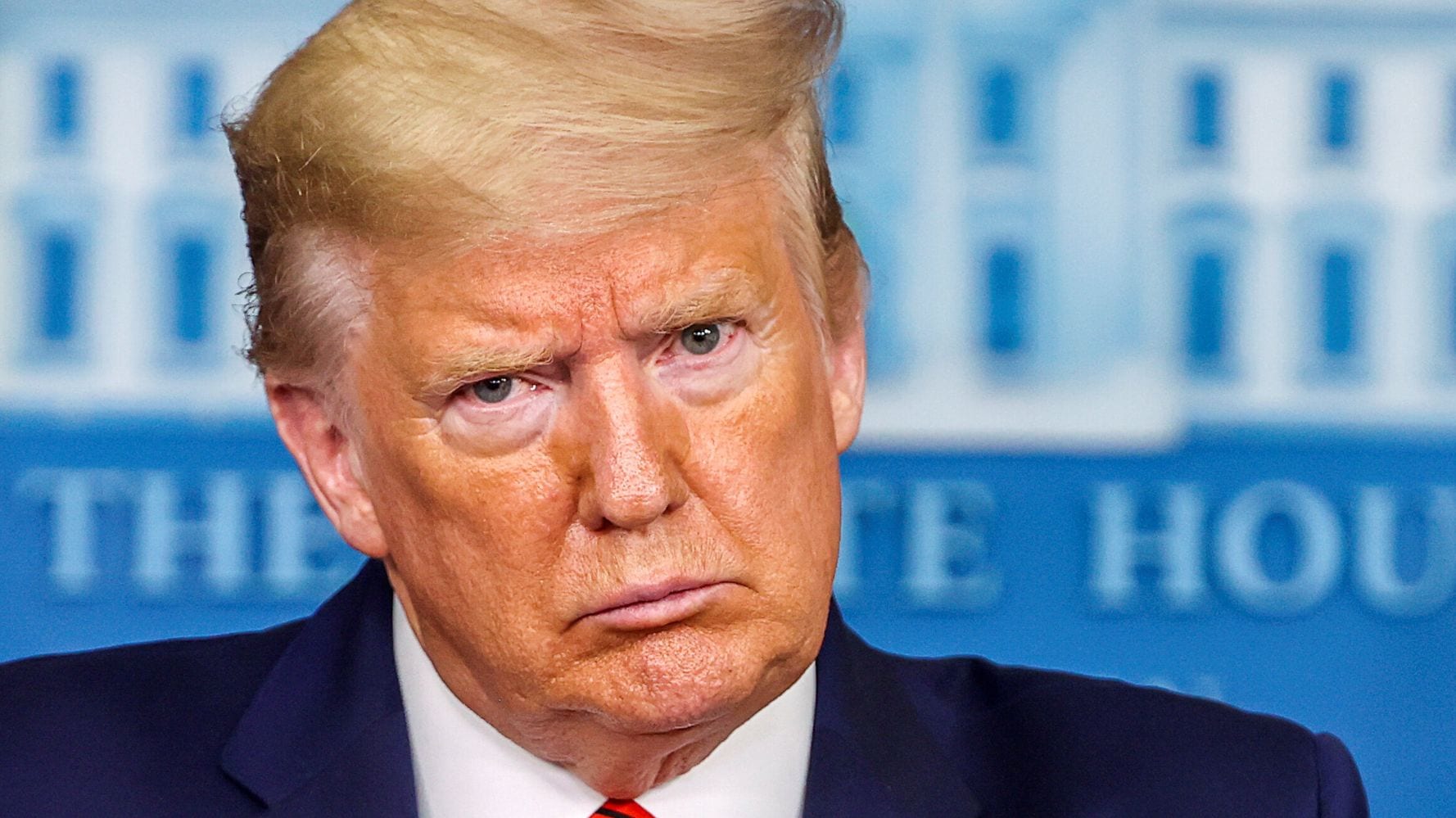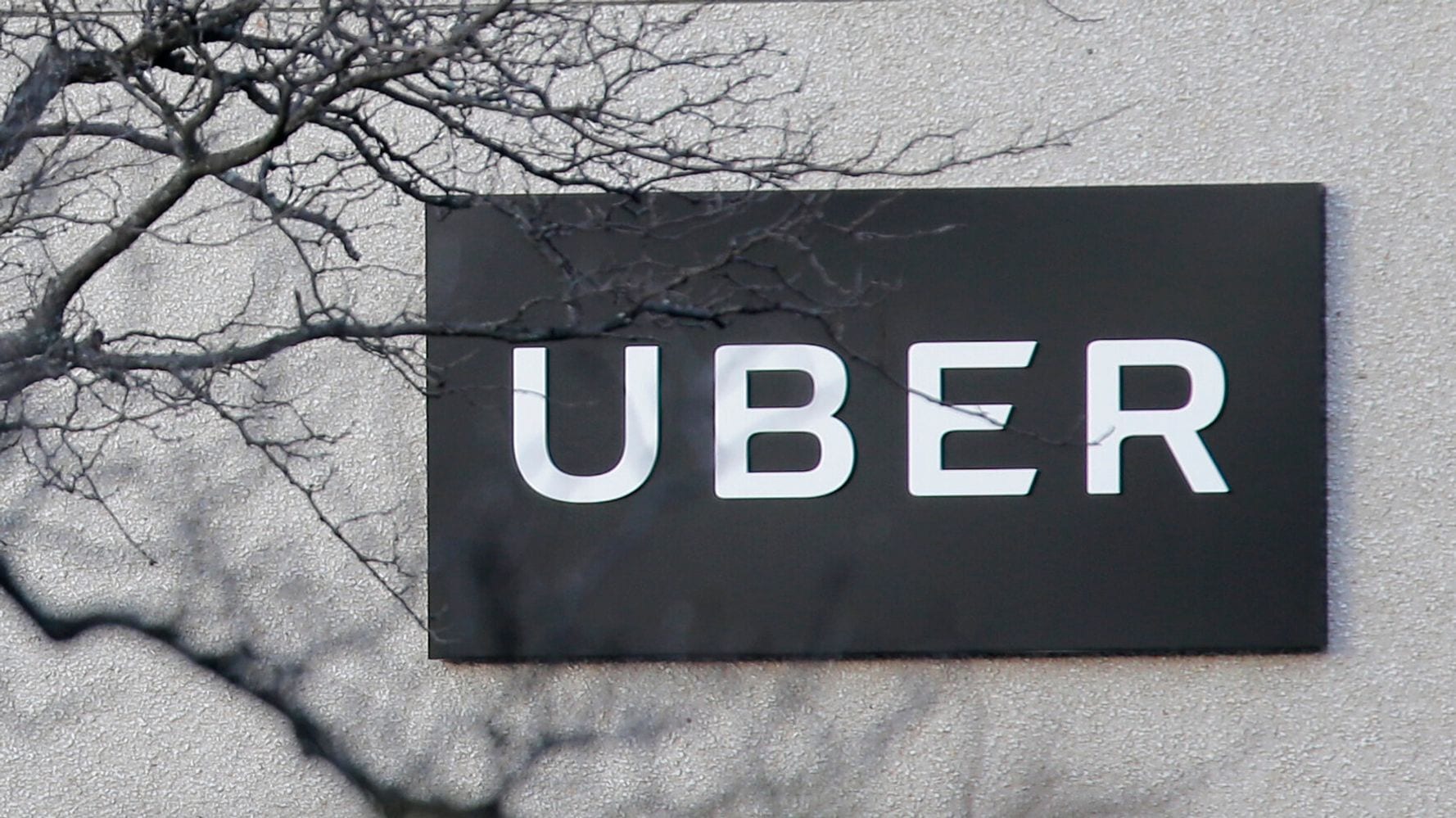[ad_1]

A bill to replenish a depleted federal loan program for small businesses impacted by the coronavirus is likely to be passed this week, Treasury Secretary Steven Mnuchin and Democratic lawmakers said Sunday.
Mnuchin, appearing on CNN’s “State of the Union,” said a tentative agreement has been reached on the amount of money that will be added to the Paycheck Protection Program, which ran out of funds last week. This depletion came after more than 1.6 million small businesses applied for financial aid due to the economic havoc triggered by the pandemic.
“We think that another $300 billion, that’s what we’re talking about, should be sufficient to reach almost everybody,” Mnuchin said.
The forgivable loans would allow businesses to cover employee payroll as well as some rent and utility costs. About 60% of loan applicants were approved, Mnuchin said.
“I’m hopeful that we can reach an agreement that the Senate can pass this tomorrow, and that the House can take it up on Tuesday,” he said. “Wednesday, we would be back up and running.”
In addition to expanding this payroll loan program, the current deal in the works would make available another $50 billion for economic disaster loans, $75 billion for hospitals, and $25 billion to invest in COVID-19 testing, Mnuchin said.
The very things that we Democrats had been fighting for are now going into the bill.
Sen. Chuck Schumer
“Overwhelmingly, my caucus, and we’re working closely with the Senate Democrats, know that we have an opportunity, and an urgency, to do something for our hospitals, our teachers and firefighters and the rest, right now,” House Speaker Nancy Pelosi (D-Calif.) said on ABC’s “This Week.”
Senate Minority Leader Chuck Schumer (D-N.Y.), in a later interview on CNN, also expressed optimism that a deal will be passed early this week, after additional loans for hospitals and disaster relief was added.
“The very things that we Democrats had been fighting for are now going into the bill,” he said.
These additions would level the playing field for businesses that have fewer connections and weaker relationships with banks, he said.
“If you had a connection with a bank it was pretty easy to get a loan. If you didn’t, from one end of the country to the other, we have been hearing that people can’t get loans,” Schumer said. “So we Democrats said yes, we want to put more money in but let’s set aside some money to make sure that it goes to the rural areas, to the minority areas, to the unbanked.”
The first iteration of the loan plan has been criticized after large restaurant chains received substantial loans and smaller businesses were left with nothing. The company behind Ruth’s Chris Steak House, which employs more than 5,000 workers, was one bigger business that secured $20 million in money, The Wall Street Journal reported.
A HuffPost Guide To Coronavirus
Calling all HuffPost superfans!
Sign up for membership to become a founding member and help shape HuffPost’s next chapter


















